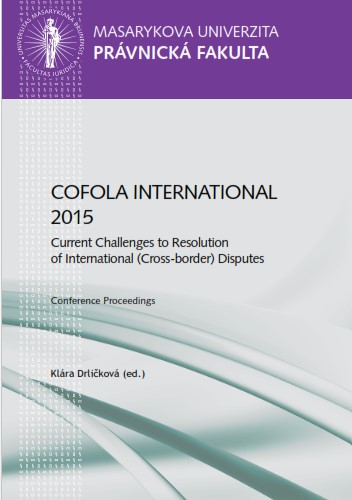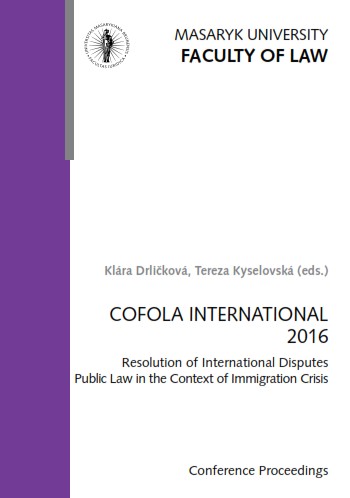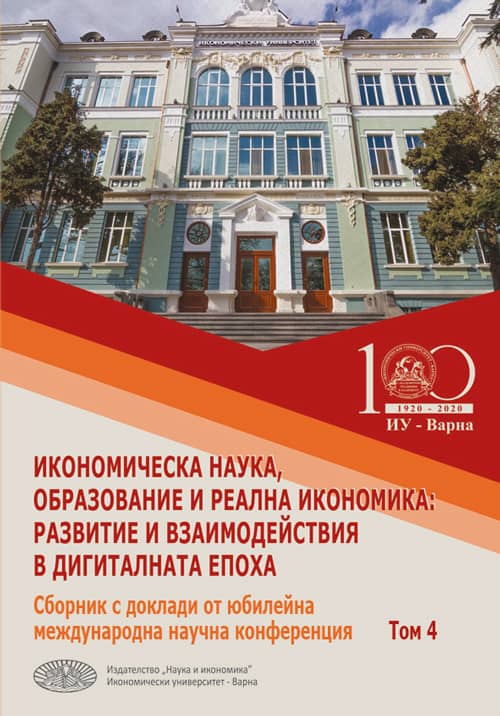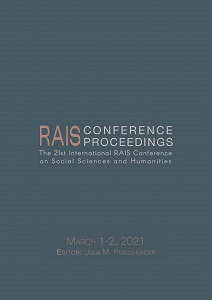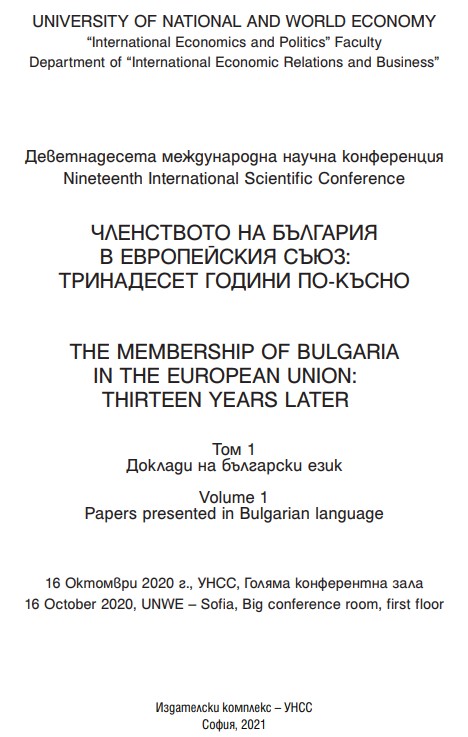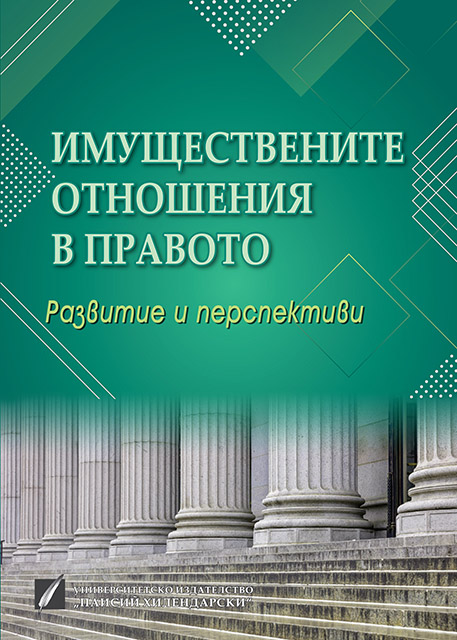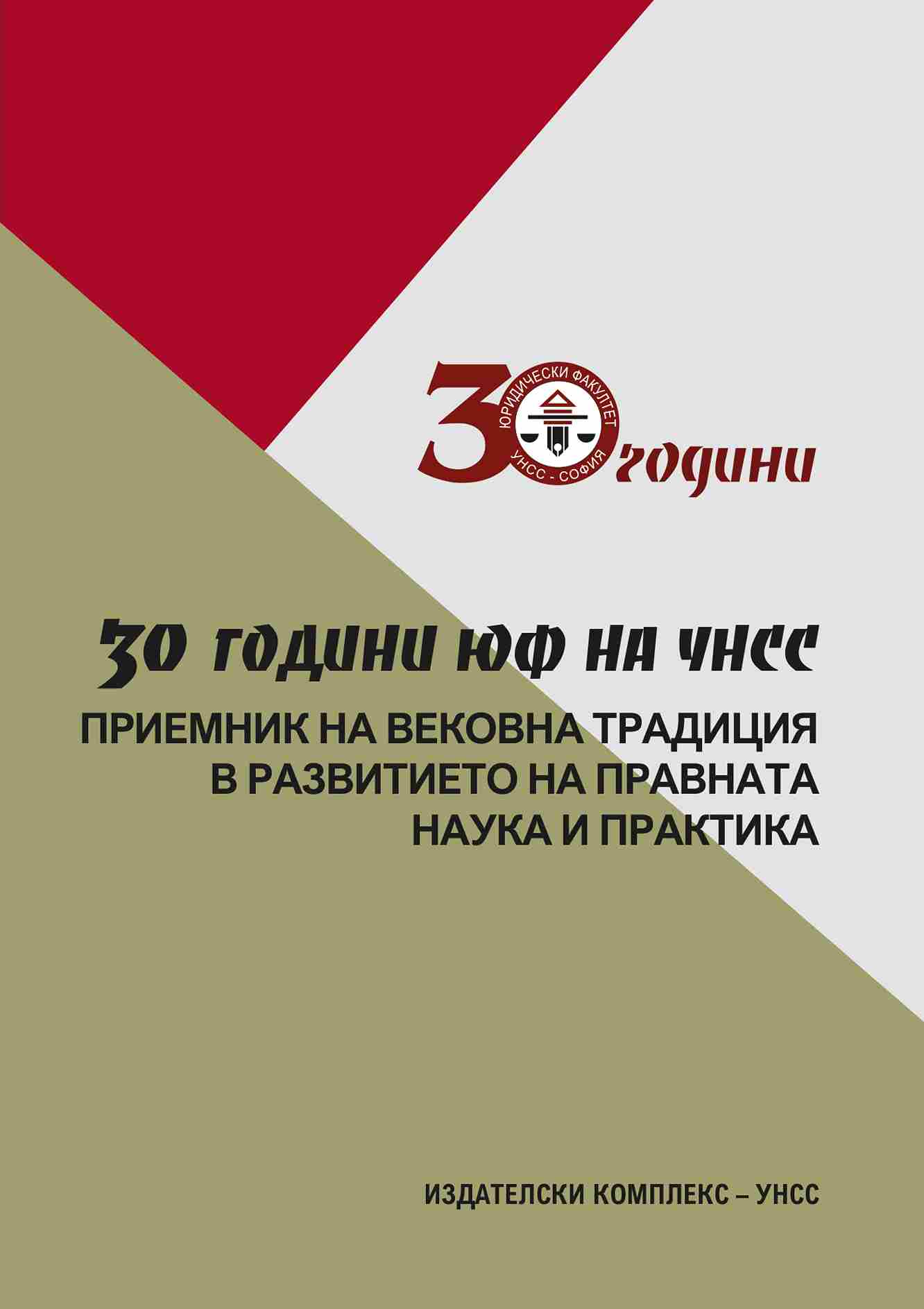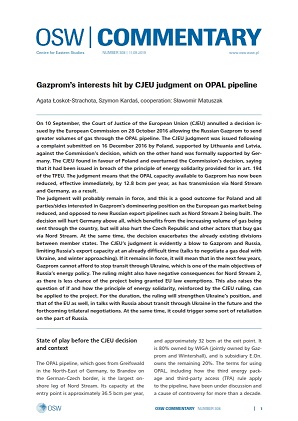
Gazprom’s interests hit by CJEU judgment on OPAL pipeline
On 10 September, the Court of Justice of the European Union (CJEU) annulled a decision issued by the European Commission on 28 October 2016 allowing the Russian Gazprom to send greater volumes of gas through the OPAL pipeline. The CJEU judgment was issued following a complaint submitted on 16 December 2016 by Poland, supported by Lithuania and Latvia, against the Commission’s decision, which on the other hand was formally supported by Germany. The CJEU found in favour of Poland and overturned the Commission’s decision, saying that it had been issued in breach of the principle of energy solidarity provided for in art. 194 of the TFEU. The judgment means that the OPAL capacity available to Gazprom has now been reduced, effective immediately, by 12.8 bcm per year, as has transmission via Nord Stream and Germany, as a result. The judgment will probably remain in force, and this is a good outcome for Poland and all parties/sides interested in Gazprom’s domineering position on the European gas market being reduced, and opposed to new Russian export pipelines such as Nord Stream 2 being built. The decision will hurt Germany above all, which benefits from the increasing volume of gas being sent through the country, but will also hurt the Czech Republic and other actors that buy gas via Nord Stream. At the same time, the decision exacerbates the already existing divisions between member states. The CJEU’s judgment is evidently a blow to Gazprom and Russia, limiting Russia’s export capacity at an already difficult time (talks to negotiate a gas deal with Ukraine, and winter approaching). If it remains in force, it will mean that in the next few years, Gazprom cannot afford to stop transit through Ukraine, which is one of the main objectives of Russia’s energy policy. The ruling might also have negative consequences for Nord Stream 2, as there is less chance of the project being granted EU law exemptions. This also raises the question of if and how the principle of energy solidarity, reinforced by the CJEU ruling, can be applied to the project. For the duration, the ruling will strengthen Ukraine’s position, and that of the EU as well, in talks with Russia about transit through Ukraine in the future and the forthcoming trilateral negotiations. At the same time, it could trigger some sort of retaliation on the part of Russia.
More...
